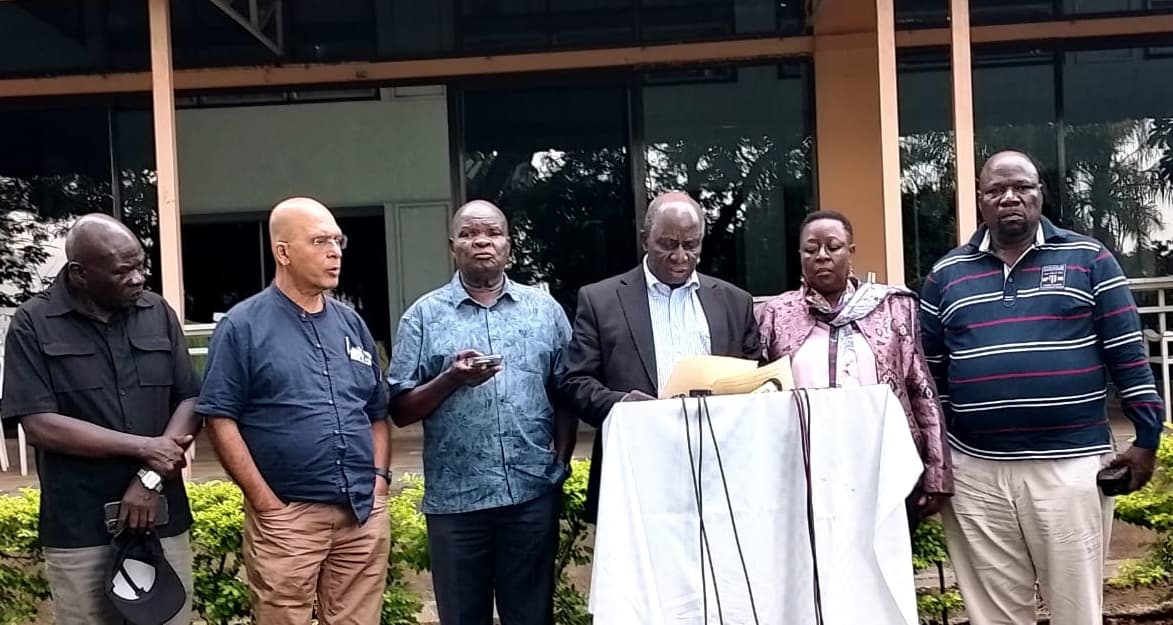We're loading the full news article for you. This includes the article content, images, author information, and related articles.
The Sugar Board of Kenya (SBK) has announced that every privately leased sugar mill in the country is expected to resume operations by October 2025, resolving a protracted disruption in sugar production that has caused shortages and harmed millers and farmers alike.

Nairobi, Kenya — September 27, 2025 (EAT).
The Sugar Board of Kenya (SBK) has announced that every privately leased sugar mill in the country is expected to resume operations by October 2025, resolving a protracted disruption in sugar production that has caused shortages and harmed millers and farmers alike.
The SBK issued a statement saying that all negotiated lease agreements for idle sugar mills are now in the final implementation phase, and logistical, maintenance, and staffing obstacles are being resolved.
The board indicated that the mills will gradually ramp up to full capacity, with preliminary production expected soon after restart.
The move follows pressure from farmers, cooperatives, and sugar belt counties to inject life into the comatose sugar sector, which has long been plagued by inefficiency, debt, and mismanagement.
Over the past decade, many sugar mills in Kenya have ceased operations due to financial distress, poor management, lack of cane supply, outdated technology, and operational losses.
In recent reforms, the government has pushed for private sector leasing of idle mills under public-private partnership arrangements, hoping to revive operations without the state bearing full costs.
Several lease contracts were signed in 2024 and 2025, but delays in renovation, capital infusion, regulatory approvals, and deployment of workforce held back full operations.
Farmers in counties such as Kakamega, Siaya, Bomet, Kisii, Migori, and Busia have suffered from non-payment, reduced cane deliveries, and rising transport costs to distant mills.
Sufficient supply chain: Mills need reliable cane delivery systems, including farmers planting enough cane within proximity and reliable transport networks.
Capital and equipment: Many of the mills require significant rehabilitation, repair, and modernization before they can operate efficiently.
Regulatory approvals: Environmental, audit, and safety inspections must be cleared before commissioning.
Labor and management: Sourcing skilled workforce and management teams to run the mills under performance contracts will be key.
Cost vs price pressures: Global sugar prices, local input costs, energy, and logistics remain volatile and could affect margin viability.
Boost for farmers: Resumption means farmers will have nearer markets to deliver cane, reducing transport losses and improving incomes.
Sugar supply stability: Restarting mills could help reduce sugar shortages and cut import dependence.
Revival of regional economies: Towns around mills will see renewed economic activity—employment, trade, services.
Investor confidence: Success of these leased mills may attract further investment in the agricultural-industrial sector if performance is credible.
Risk of failure: If some mills underperform or break down again, confidence will be shattered, and future reforms may stall.
Keep the conversation in one place—threads here stay linked to the story and in the forums.
Sign in to start a discussion
Start a conversation about this story and keep it linked here.
Other hot threads
E-sports and Gaming Community in Kenya
Active 9 months ago
The Role of Technology in Modern Agriculture (AgriTech)
Active 9 months ago
Popular Recreational Activities Across Counties
Active 9 months ago
Investing in Youth Sports Development Programs
Active 9 months ago